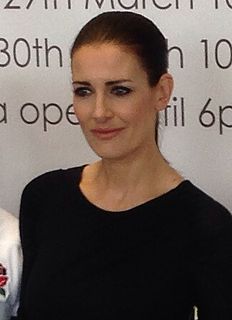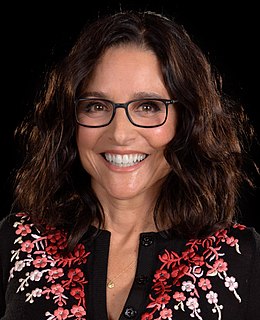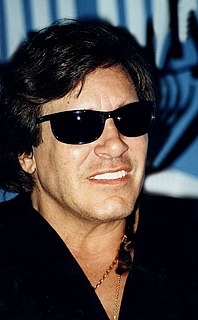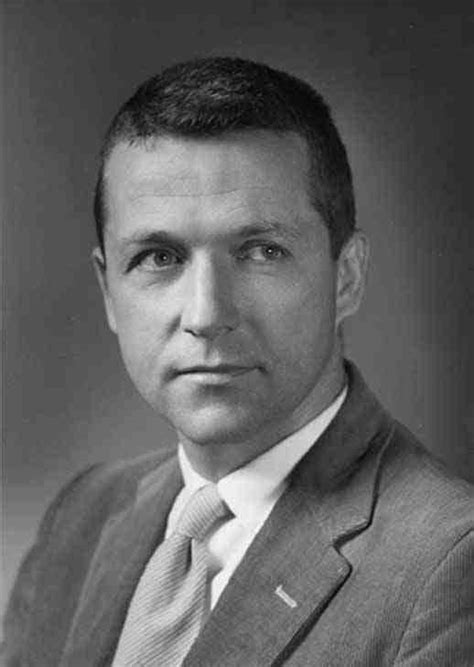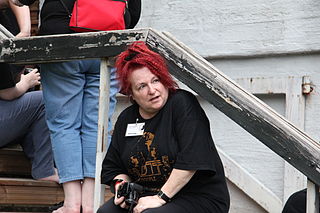Top 787 Computers Quotes & Sayings - Page 2
Explore popular Computers quotes.
Last updated on April 20, 2025.
What are we going to do as automation increases, as computers get more sophisticated? One thing that people say is we'll retrain people, right? We'll take coal miners and turn them into data miners. Of course, we do need to retrain people technically. We need to increase technical literacy, but that's not going to work for everybody.
The U.S. government doesn't build your computers, nor do you fly aboard a U.S. government owned and operated airline. Private industry routinely takes technologies pioneered by the government and turns them into cheap, reliable and robust industries. This has happened in aviation, air mail, computers, and the Internet.
Men and machines are good at different things. People form plans and make decisions in complicated situations. We are less good at making sense of enormous amounts of data. Computers are exactly the opposite: they excel at efficient data processing but struggle to make basic judgments that would be simple for any human.
I use many different gadgets connected with computers; I use PCs, laptops and a Palm Pilot. I also use the Internet to visit websites, especially within Polish-language Internet. I usually go to political discussion groups and sites - of course, as I use my real name, people never believe that they are chatting with me!
When I was a kid, I played 'Super Mario Bros' and 'Megaman 2' and '3' for hours and hours, trying to convince my mother they were good for me because they helped my hand-eye coordination. They influenced a whole generation of people to make computers what they are now, through problem-solving and so on.
In the week following Sandy, we weren't flooded, but we were without everything else - I ended up living by candlelight - no phones, no computers, no light, no power. If we took a walk at night to go and find something to eat, it was completely black, with no lights coming out of the windows, no street lights: a very apocalyptic feeling.









